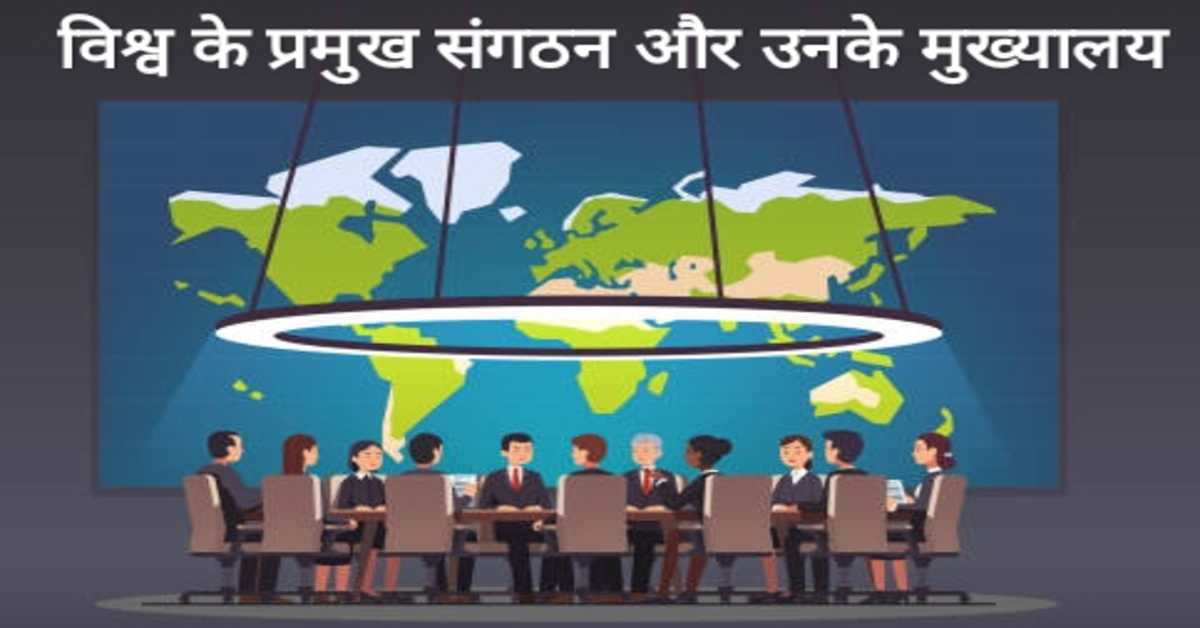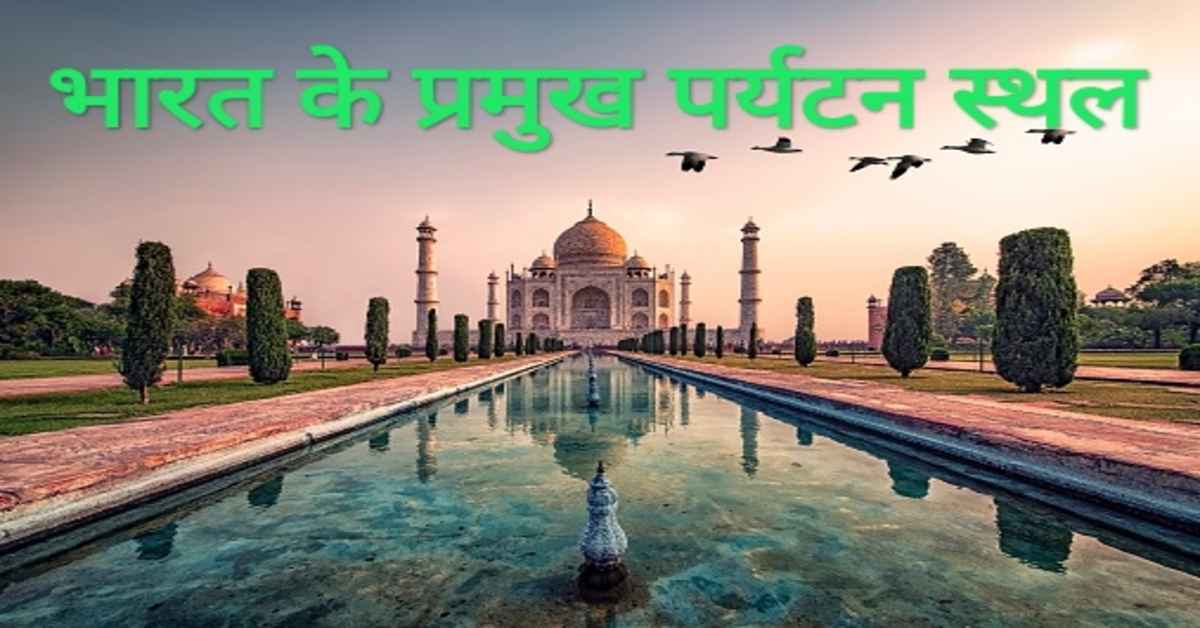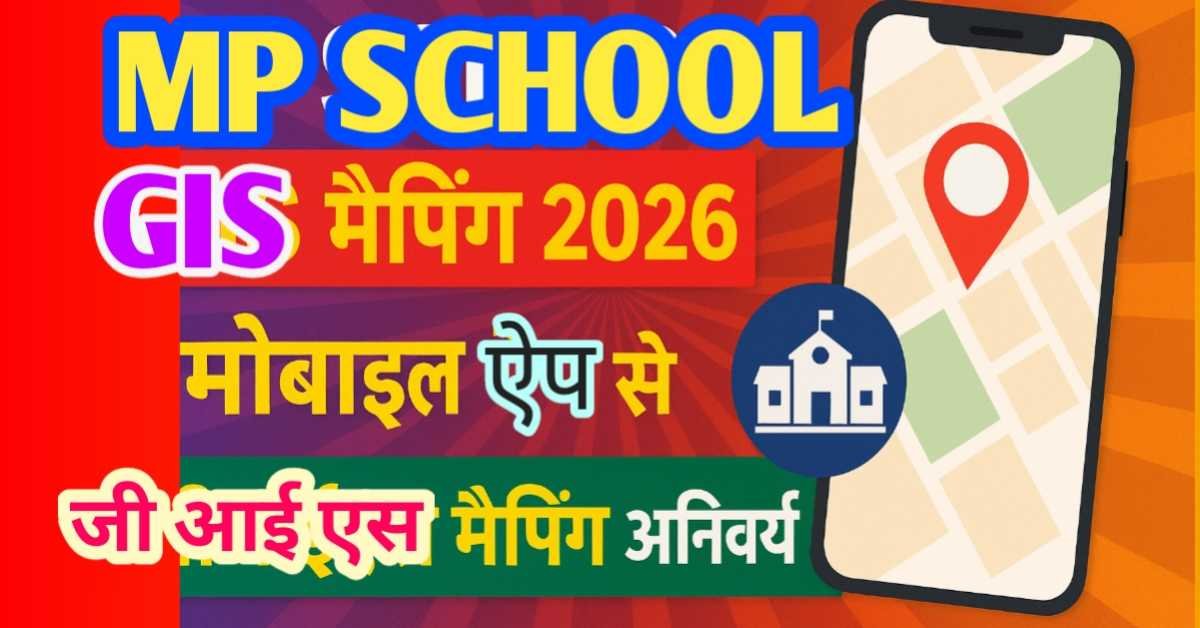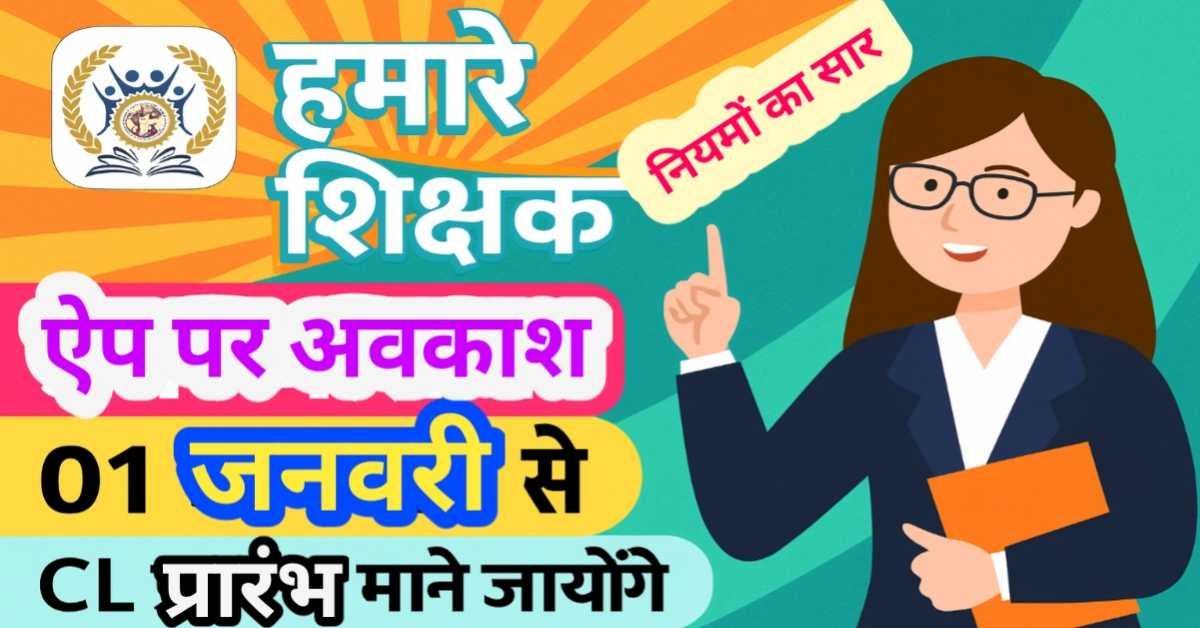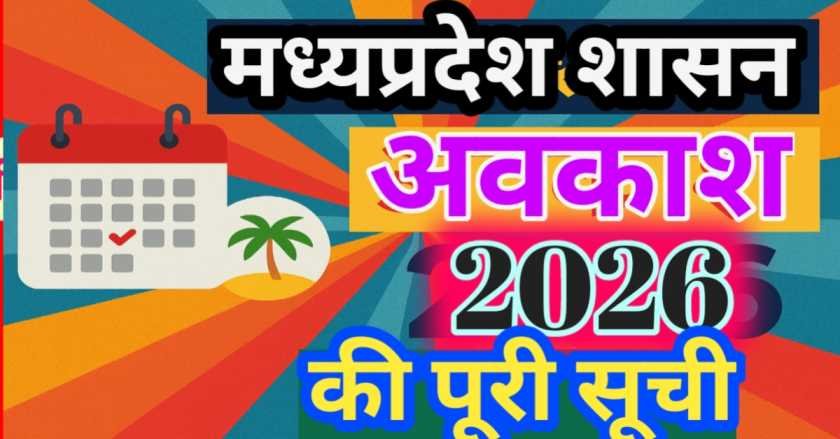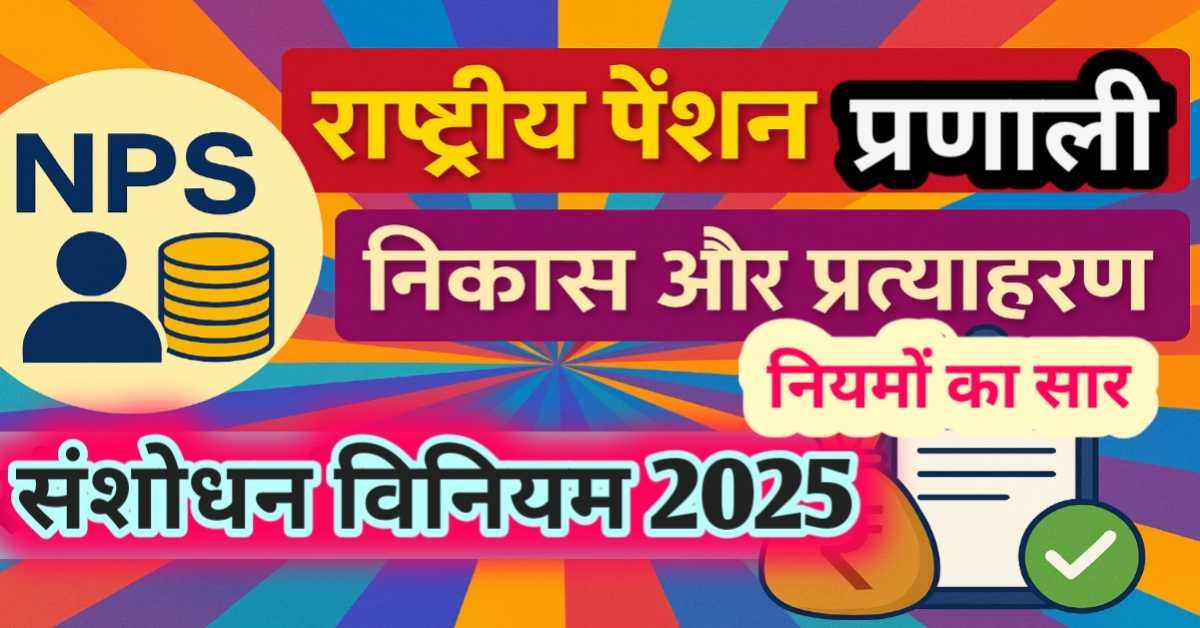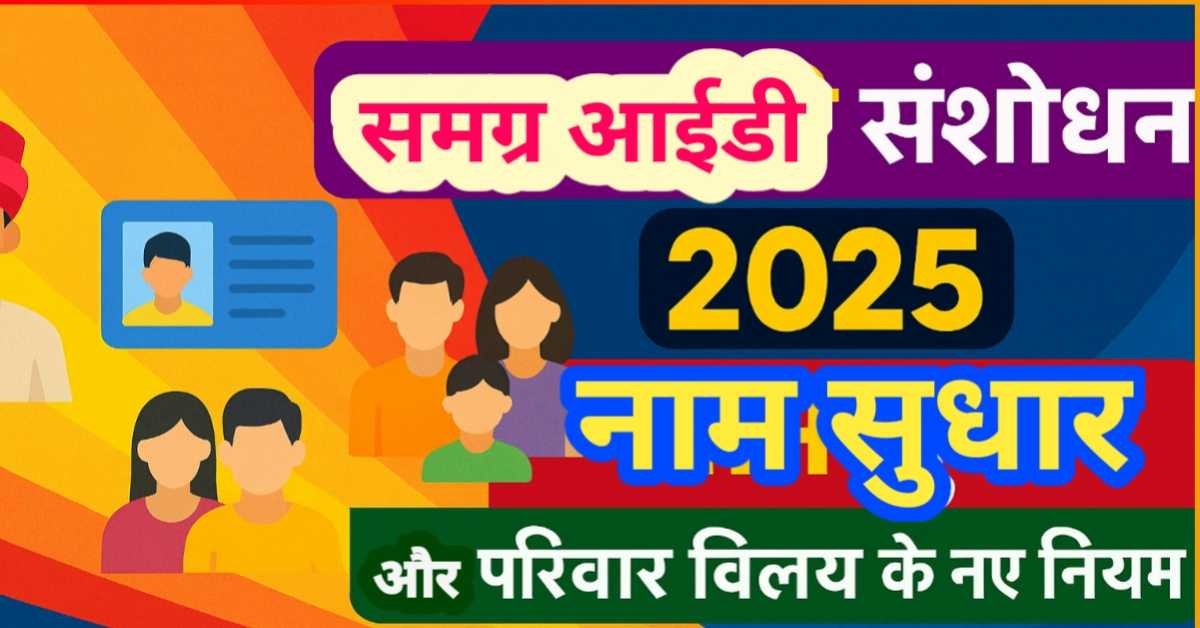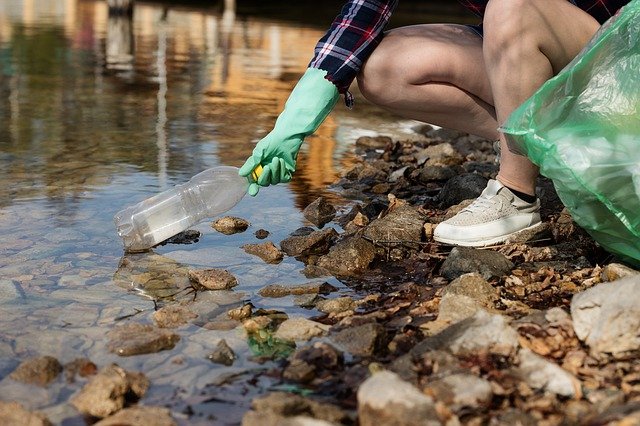
सिंगल यूज प्लास्टिक- प्रकार, प्रदुषित नदियाँ एवं उत्पादन में अग्रणी देश Leading Countries in Single Use Plastic - Types, Polluted Rivers and Production
The purpose of a single use 'Plastic Free India', is to shut down plastics that are used on personal scale so that the country is free of plastic waste and reduces pollution levels.
◆ प्लास्टिक के संगठक-
◆ Plastic Organizer-
'प्लास्टिक' शब्द ग्रीक शब्द 'प्लास्टिकोस' से बना है, इसका अर्थ है ऐसा 'नमनीय पदार्थ', जो किसी भी आकार में ढाला जा सके। 'सिंथेटिक फाइबर' की तरह 'प्लास्टिक' भी एक 'पॉलीमर' है। जब रासायनिक पदार्थों के छोटे-छोटे यूनिट मिलकर एक बड़ा यूनिट बनाते हैं तो वह 'पॉलीमर' कहलाता है। इसमें कई कार्बनिक और अकार्बनिक यौगिक होते हैं, जो ज्यादातर 'ओलेफिन' जैसे 'पेट्रोकेमिकल' से प्राप्त होते हैं
The word plastic is derived from the Greek word 'plasticos', meaning ductile material that can be molded into any shape. Like 'synthetic fibre' is also a 'polymer'. When small units of chemical substances combine to form a large unit, it is called polymer. It contains many organic and inorganic compounds, mostly derived from 'olefin' such as 'petrochemical'.
◆ पॉलीमर के प्रकार-
◆Type of Polymer-
'पॉलीमर' प्राकृतिक और कृतिम दोनों होते हैं, प्राकृतिक जैसे- कोंटन, सिल्क आदि और कृत्रिम जैसे- सिंथेटिक फाइबर (यानी नायलान), एक्रेलिक, रेयान, पॉलिएस्टर आदि।
'Polymers' are both natural and synthetic, natural like- cotton, silk etc. and synthetic such as synthetic fibre (ie nylon), acrylic, rayon, polyester etc.
◆ सिंगल यूज प्लास्टिक के उदाहरण-
◆Examples of Single Use Plastics-
सिंगल यूज प्लास्टिक तकनीकी रूप से 40 माइक्रोमीटर या उससे कम स्तर के प्लास्टिक को सिंगल यूज प्लास्टिक कहा जाता है इसमें कप, कैरी बैग, पानी या कोल्ड ड्रिंक की बोतलें, स्ट्रों, फूड पैकेजिंग आदि होते हैं। सिंगल यूज प्लास्टिक करीब 7 से 5% ही रिसाइकल हो पाता है।
Single use plastic, technically 40 micrometers or less plastic is called single use plastic. It contains Cups, Carry-bags, Water or Cold-drink bottles, Strings, difference Food-packaging etc single use plastics can only be recycled for about 7 to 5%.
◆ पॉलीथिन के नकारात्मक प्रभाव-
◆ Negative Effects of Polyethylene-
पॉलिथीन से जमीन की उर्वरा शक्ति नष्ट हो रही है। लैंडफिल में डाले गए प्लास्टिक, जल के साथ रिएक्शन कर खतरनाक केमिकल्स बनाते हैं और अगर ये केमिकल्स रिसकर ग्राउंड वाटर तक पहुंच जाएं तो ये जल की गुणवत्ता को खराब कर देते हैं। पॉलिथीन के पुनःचक्रीकरण की प्रक्रिया में उच्च ताप पर गर्म करके पिघलाने पर भारी मात्रा में तरलीय गैसें उत्सर्जित होती हैं, जिससे वायुमंडल प्रदूषित होता है। प्लास्टिक अधिक मात्रा में विषाक्त जैसे- कार्बन डाइऑक्साइड, कार्बन मोनोऑक्साइड आदि निकालती हैं। 20 माइक्रोंस से कम मोटाई वाली पॉलिथीन नलियों में जाने से सीवर लाइन जाम हो जाती है।
Polythene is destroying the fertility of the land. The plastics in the landfill react with water to create hazardous chemicals and if these chemicals percolate to ground-water, they spoil the water quality. In the process of recrystallization of polythene, after heating the melting at high temperature, a large amount of liquid- gases are emitted, which pollutes the atmosphere. Plastics extract large amounts of toxic such as carbon dioxide, carbon monoxide etc. The sewer line gets the jammed by going into polythene tubes half thickness less than 20 microns.
◆सर्वाधिक प्लास्टिक उत्पादन करने वाले देश-
◆ Most Plastic Producing Countries-
पिछले 100 वर्षों में 83 अरब टन से अधिक प्लास्टिक का उत्पादन किया जा चुका है। विश्व भर में प्लास्टिक की प्रति वर्ष खपत में अमेरिका पहले नंबर पर है। वहां 109 किलोग्राम प्रति वर्ष प्रति व्यक्ति प्लास्टिक की खपत होती है। वहीं यूरोप में 65 किलोग्राम और चीन में 35 किलोग्राम प्रति व्यक्ति प्रतिवर्ष खपत है। अनियोजित प्लास्टिक कचरे में वैश्विक हिस्सेदारी इस प्रकार है- चीन 25.8%, इंडोनेशिया 10.7%, फिलीपींस 7.4%, वियतनाम 6.0% और भारत 4.8%।
Over 33 million tonnes of plastic have been produced in the last hundred years. The United States ranks first in plastic consumption per year worldwide, consuming 109 kg are plastic per person per year. 65 kg in Europe and 35 kg per person per year in China. Global share in unplanned the plastic waste is as follows- China 25.8%, Indonesia 10.7%, Philippines 7.4%, Vietnam, 6.0 % and India 4.8%.
◆प्लास्टिक से प्रदूषित नदियाँ एवं समुद्र-
◆ Plastic Polluted Rivers and Seas-
दुनिया की प्रमुख नदियां कुल 14,04,200 टन प्लास्टिक कचरे का बोझ सहन कर रही हैं। भारत की जीवन रेखा 'गंगा' का इस मामले में दुनिया में दूसरा नंबर है। पहले नंबर पर चीन की 'यांग्त्जे' नदी है। 'वर्ल्ड इकोनामिक फोरम' की रिपोर्ट के अनुसार, हर वर्ष लगभग 80 लाख टन कचरा समुद्रों में मिल रहा है। समुद्र में करीब 60% प्लास्टिक विश्व के 5 देश- चीन, इंडोनेशिया, फिलीपींस,थाईलैंड और वियतनाम द्वारा निस्तारित किया जाता है। इटली इस मामले में दुनिया में पहले स्थान पर है। इटली ही प्लास्टिक का सबसे बड़ा उत्पादक भी है।
The world's Major revers bear a total of 14,04,200 tonnes of plastic waste. India's lifeline 'Ganga' is the second in the world in this matter. The number one is China 'Yangtize' river. According to report of the 'World Economic Forum' about 8 million tonnes of a garbage in getting into the seas every year. About 60% of the plastic in the sea is disposed of by the world's 5 countries - China, Indonesia, the Philippines, Thailand and Vietnam. Italy ranks first in the world in this matter. Italy is also the largest producer of plastics.
◆प्लास्टिक पर पाबंदी लगाने वाले देश-
◆ Countries Prohibiting Plastic-
विश्व में 40 से अधिक देशों में प्लास्टिक पर प्रतिबंध लगाया गया है। अमेरिका ने बच्चों के खिलौनों और चाइल्ड केयर प्रोडक्ट्स में प्लास्टिक के इस्तेमाल को सीमित कर दिया है। वर्ष 1988 और 1998 में बांग्लादेश में प्लास्टिक थैलियों से अटकी पड़ी नालियों की वजह से बाढ़ आई, जिसके बाद सरकार ने इन पर पाबंदी लगाने का फैसला किया। केन्या में प्लास्टिक पर पूर्ण रूप से प्रतिबंध है। वहां इसके लिए कठोर दंड का प्रावधान है। दक्षिण आस्ट्रेलिया में ऐसे स्टोरों पर जो प्लास्टिक बैग से जुड़े कानून का पालन नहीं करते, $5000 तक का जुर्माना लगाया जाता है। स्वीडन में प्लास्टिक बैन नहीं किया गया है बल्कि प्लास्टिक कचरा रिसाइकिल किया जाता है और उससे बिजली बनाई जाती है।
Plastic has been banned in more than 40 countries in the world. The United States has limited the use of plastic in children's toys and child-care products. In 1988 and 1998 Bangladesh was flooded due to drains stuck in plastic bags, after which the government decided to ban them. Kenya has a complete ban on plastics. There is a provision of severe punishment for this. Stores in South Australia that do not comply with the law relating to plastic bags are fined-up to $5000. In Sweden plastic is not banned but plastic waste is recycled and electricity is generated from it.
◆भारत में प्लास्टिक पर पाबंदी-
◆Plastic Ban in India-
भारत सरकार ने भी सिंगल यूज प्लास्टिक पर पाबंदी हेतु प्रयास किए हैं। केंद्रीय प्रदूषण नियंत्रण बोर्ड के अनुसार देश के 18 राज्यों में प्लास्टिक थैलियों पर पाबंदी है। इनमें से कुछ इस प्रकार हैं- दिल्ली, महाराष्ट्र, राजस्थान, पंजाब, सिक्किम, गोवा, केरल, पश्चिम बंगाल, हिमाचल प्रदेश, कर्नाटक। संसद में भी सिंगल यूज प्लास्टिक पर बैन लगा दिया गया है। रेलवे में एक बार इस्तेमाल किए जा सकने वाली प्लास्टिक वस्तुओं पर बैन लगा दिया गया है।
Government of India has also made efforts to ban single use plastic. According to 'the Central Pollution Control Board', plastic bags are banned in 18 states of the country. Some of them are Delhi, Maharashtra, Rajasthan, Punjab, Sikkim, Goa, Kerala, West Bengal, Himachal Pradesh, Karnataka. Single use plastic has been banned in Parliament. One time plastic items have been banned in railways.
◆ भारत में प्लास्टिक रिसाइकिलिंग एवं नियंत्रण हेतु रिवार्ड्स-
◆Rewards for Plastic Recycling and Control in India-
'रिवार्ड्स फॉर रिसाइकलिंग' के विचार को भारत ने भी अपनाया है। मुंबई में पहली 'स्वच्छ भारत' रिसाइक्लिंग मशीन लगी है। दिल्ली में कनॉट प्लेस में, " प्लास्टिक लाओ कपड़े का थैला पाओ" योजना के अंतर्गत कपड़े का थैला दिया जाता है। देश में इकोबोट नामक एक ऐसी रिवर्स वैंडिंग मशीन बनाई गई है, जिसमें अगर कोई किसी भी प्रकार का प्लास्टिक कचरा डालता है तो मशीन उसके एवज में उस व्यक्ति को भी कुछ देती है। इसमें किसी रेस्तरां का कूपन हो सकता है, मूवी की टिकट हो सकती है या फिर नगदी भी हो सकती है।
India has also adopted the idea of rewards for recycling. The first 'Swachh Bharat' recycling machine started in Mumbai. At Connaught place in Delhi, a cloth bag is provided under the 'Get the Plastic Lao Bag'. In the country such a reverse wandering machine called Ecobot has been made, in which someone puts any kind of plastic waste, then the machine also gives something to that person. This may include a restaurant coupon, a movie ticket, or even cash.
◆ भारत में प्लास्टिक प्रतिबंध पर कानून-
◆ Laws on Plastic Ban in India-
भारत में प्लास्टिक प्रतिबंध पर "प्लास्टिक मैन्युफैक्चर, सेल एंड यूसेज रूल्स, 1999" में पहला कानून बना था। इस कानून में संशोधन करते हुए "रिसाइकिल्ड प्लास्टिक मैन्युफैक्चर एंड यूज़ेज (अमेंडमेंट) रूल्स, 2003" बनाया गया। इसके बाद "प्लास्टिक वेस्ट (मैनेजमेंट एंड हैंडलिंग) रूल्स, 2011" में प्लास्टिक के कैरी बैग की न्यूनतम मोटाई बढ़ाकर 40 माइक्रोंस की गई थी। दिल्ली सरकार ने 22 नवंबर 2012 से पॉलिथीन के उत्पादन, भंडारण और इस्तेमाल पर पूरी तरह पाबंदी लगाई है। "प्लास्टिक वेस्ट मैनेजमेंट रूल्स 2016" के कानून में निम्न प्रावधान हैं- प्लास्टिक कैरी बैग की न्यूनतम मोटाई से बढ़ाकर 50 माइक्रोंस किया गया। "नेशनल ग्रीन ट्रिब्यूनल" ने राजधानी में 50 माइक्रोंस से पतली प्लास्टिक के इस्तेमाल पर पाबंदी लगा दी है। एन.जी.टी ने दिल्ली एन.सी.आर में डिस्पोजेबल प्लास्टिक के इस्तेमाल पर बैन लगाया था। यह 1 जनवरी, 2017 को प्रभावी हुआ।
The first law on plastic ban in India was enacted in 'Plastic Manufacture, Sale and Use Rules, 1999'. This was amended to create 'Recycled Plastic Manufacturing and Uses (Amendment) Rules, 2003'. Subsequently, the minimum thickness of plastic carry bag was increased to 40 microns in 'Plastic Waste Management and Handling Rules, 2011'. Delhi government has banned the production, storage and use of Polythene from 22 November 2012. The 'Plastic Waste Management Rules 2016' legislation has the following provisions- increased from the minimum thickness of plastic carry bags to 50 microns. The 'National Green Tribunal' has banned the use of plastic thinner than 50 microns in the capital. NGT had banned the use of disposable plastic in Delhi NCR. It came into effect on 1 January 2017.
◆भारत के भिन्न-भिन्न प्रांतों में प्लास्टिक पर प्रतिबंध-
◆ Plastic Ban in Different Provinces of India-
वर्ष 2016 से पंजाब में सिंगल यूज प्लास्टिक, कैरी बैग और कंटेनर के उत्पादन, स्टॉकिंग वितरण, सेल और स्टोरेज पर प्रतिबंध है। वर्ष 2016 से हरियाणा में प्लास्टिक के कैरी बैग के उत्पादन, स्टॉकिंग वितरण और बिक्री पर प्रतिबंध है। वर्ष 2016 से केरल में प्लास्टिक बैंग प्रतिबंधित हैं। मार्च 2018 में महाराष्ट्र सिंगल यूज प्लास्टिक पर प्रतिबंध को क्रियान्वित करने वाला पहला राज्य बना। जून 2018 में तेलंगाना दूसरा ऐसा राज्य बना। उत्तर प्रदेश में 15 जुलाई, 2018 से 50 माइक्रोंस से पतले प्लास्टिक कैरी बैग और प्रोडक्ट्स के इस्तेमाल, खरीद, बिक्री और स्टोरेज पर बैन लगाया गया।
Since the year 2016, there is a ban on the production, stocking, distribution, sale and storage of single use plastics, carry-bags, and containers in Punjab. There is a ban on the production, stocking, distribution and sale a plastic, carry-bags in Haryana since 2016. Plastic bags are banned in Kerala since the year 2016. In March 2018 Maharashtra became the first state to implement a ban on single use plastics. Telangana became the second such state in June 2018. Ban on use, purchase, sale and storage of plastic carry bags and products thinner than 50 microns in Uttar Pradesh from July 15, 2018.
अतः हमें भी प्लास्टिक का सीमित उपयोग करना चाहिए और प्लास्टिक मुक्त भारत हेतु अपना योगदान देना चाहिए। यदि आपके द्वारा एक छोटी सी भी मुहिम प्लास्टिक मुक्ति के संदर्भ में चलाई जाती है तो वह दिन दूर नहीं जब भारत के साथ साथ सम्पूर्ण विश्व प्लास्टिक के कचरे से मुक्त होने की राह पर चल पड़ेगा।
'जय हिन्द'
Therefore we should also make limited use of plastics and contribute to a plastic free India. If even a small campaign is run by you in the context of plastic liberation, then the day is not far when India as well as the whole world will be walking on the path of plastic waste.
Jai Hind
RF competition
INFOSRF.COM
संबंधित जानकारी नीचे देखें।
(Watch related information below) 👇🏻

आशा है, उपरोक्त जानकारी उपयोगी एवं महत्वपूर्ण होगी।
(I hope the above information will be useful and important. )
Thank you.
लेखक
(Writer)
infosrf.com

